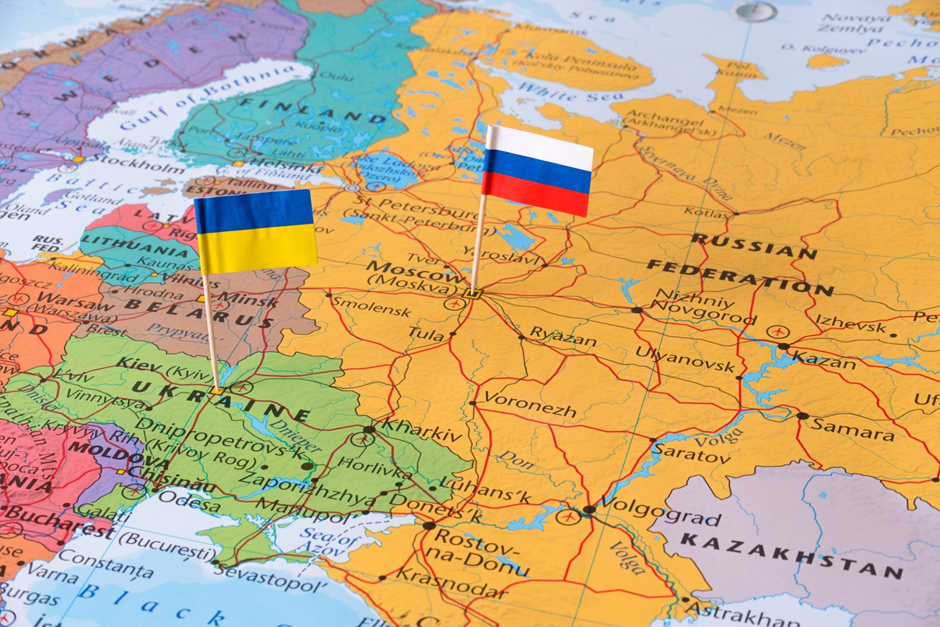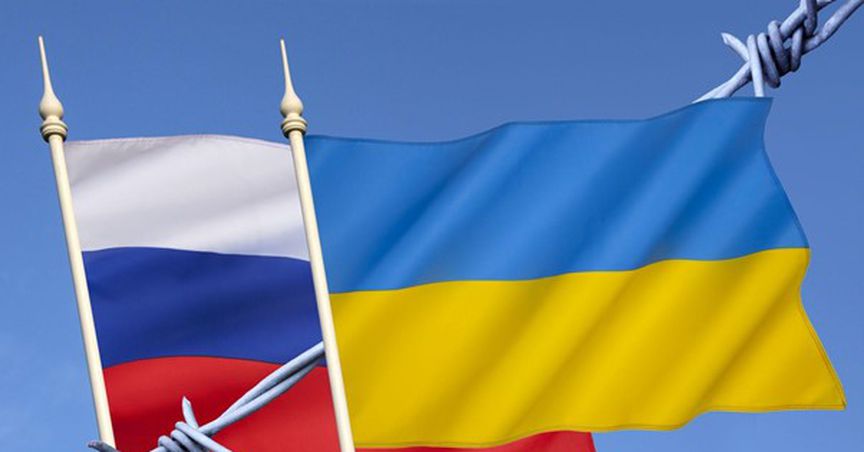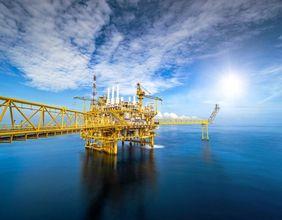Highlights
- Russian President Vladimir Putin believes in the lost essence of the Soviet empire; he adheres to the idea that Ukrainians and Russians are “one people”.
- The US and Europe have warned Russia that if Russia escalates the conflict, both the former parties would put sanctions on Russia.
- If the Russia-Ukraine conflict escalates further and the western allies put sanctions on Russia, the global economy can possibly dive deeper into high inflation.
In late January 2022, Russian forces were deployed along the Ukrainian border. Till now, the conflict hasn’t been resolved. While the world economy trembles under the effects of the Covid-19 pandemic, Russia’s evasion is just another nail in the coffin that could further hamper it.
Can the Russia-Ukraine war escalate further? Can it become the largest military conflict in Europe in decades? These questions are hot right now and the answer does not seem to instantly strike the mind. Before diving deeper into what could happen, let’s first understand why Russia is invading Ukraine.
GOOD SECTION: Deciphering the impact of the Russia-Ukraine crisis on the Australian economy
The history of the Russia-Ukraine conflict in a nutshell
After the fall of the Soviet Union, Ukraine was liberalised in the early ‘90s. Since then, there have been a couple of clashes between Russia and Ukraine. The major conflict took place in 2014 when Russia invaded the eastern-Ukraine. That invasion has killed around 14,000 people to date.
So, why is Russia invading Ukraine now?
Russian President Vladimir Putin believes in the lost essence of the Soviet empire; he adheres to the idea that Ukrainians and Russians are “one people”. He also believes that the West has also played a significant role in bringing a wall between the citizens of the two nations. Thus, for Putin, Ukraine is the central key to getting the essence of the lost empire back.
Despite the diplomatic talks between Russia and the western allies, there is no significant change in the situation on the Ukraine border. Thus, it is hard to tell whether the conflict would turn into a war. But the rising tension between the two nations will impact the world economy substantially. Let’s understand how.
ALSO READ: ASX 200 tumbles at open; Gold tops US$1900 amid US-Russia row

Source: © Sjankauskas | Megapixl.com
What could the Russia-Ukraine conflict mean for the world economy?
Energy crisis:
The US and Europe have warned Russia that if Russia escalates the conflict, both the former parties would put sanctions on Russia. Under the sanctions, the western allies could boycott Russia's gas and oil flow to the west.
But the important thing is that these sanctions would affect the entire world economy and not just Russia. If Russia is boycotted for energy supply, the US wouldn't be impacted much because of its increasing self-sufficiency in the sector. However, Russia is the second-largest natural gas producer in the world, thus, Europe would be majorly affected because it heavily depends on Russia for gas and oil supply. Although China and the European Union would hardly adhere to the sanctions; thus, the energy prices would rise in the economies that support the US for sanctioning Russia.
MUST-READ: ASX 200 tumbles at open; Gold tops US$1900 amid US-Russia row
What Does Russia-Ukraine Conflict Mean For World Economy?
Food and metals:
Russia is one of the biggest wheat grower in the world, and Ukraine is among the top five. Additionally, if the conflict escalates, large barley production, sunflower and corn would be affected. Russia is also a significant producer of metals. The country exports a chunk of global nickels, palladium, and aluminium, to name a few. Any obstacle in these exports would directly impact the global manufacturing and supply of medical equipment, mobile phones, transportation, etc.
The already disturbed supply chains would go under high pressure because of Russia's restricted supply of oil, gas, food, and metals. Thus, if the Russia-Ukraine conflict escalates further and the western allies put sanctions on Russia, the global economy is likely to dive deeper into high inflation.





